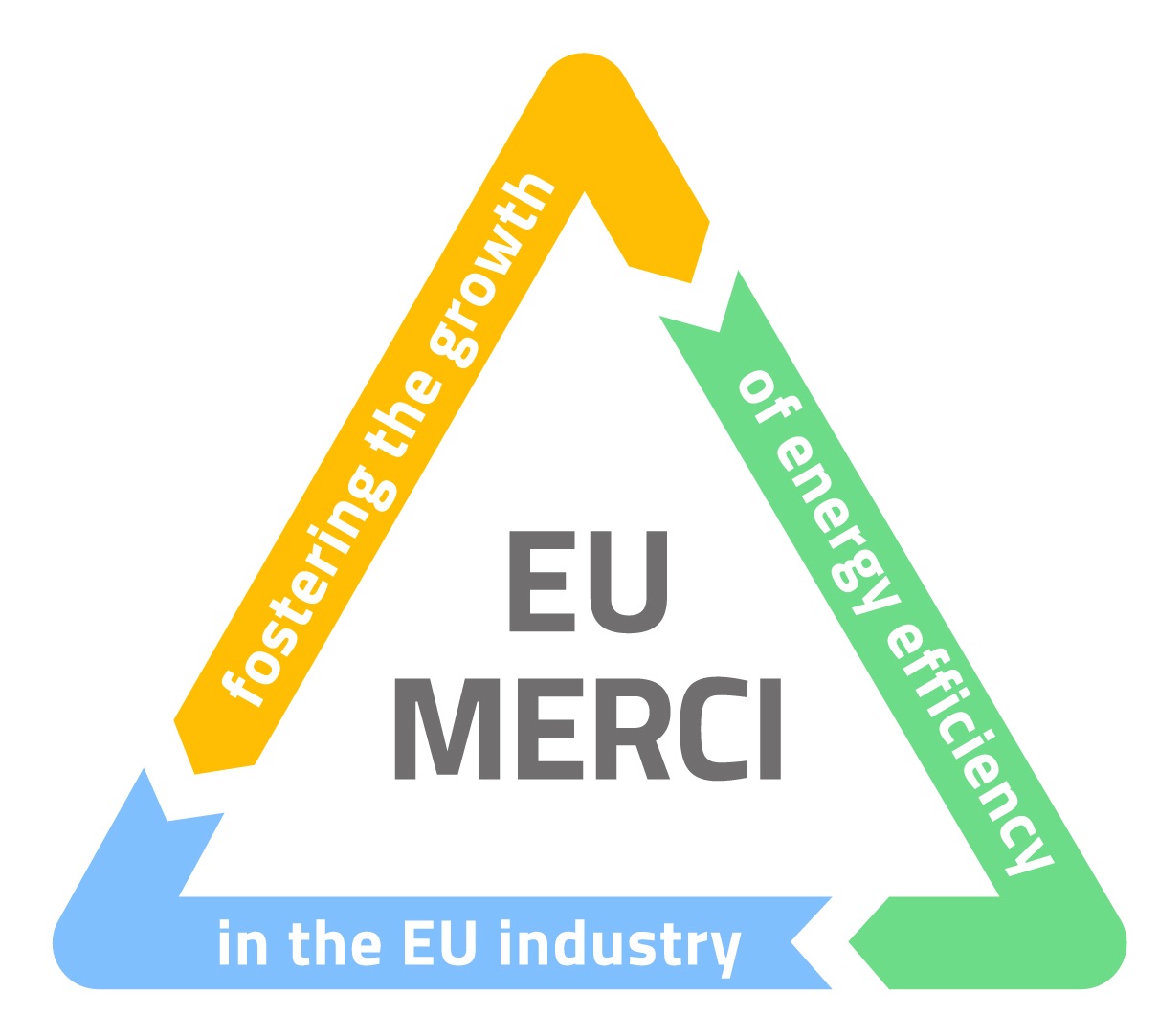The overarching objective of EU-MERCI is to grow the energy efficiency in the European industry, by exploiting and expanding the opportunity offered by the Efficiency Obligation Schemes and/or Alternative measures imposed to the Member States (MSs) by the 2012/27/EU Directive and, specifically, by the Art. 7 of the EED: “Energy efficiency obligation schemes”.
To this extent, EU-MERCI will identify best practices of implementation of energy efficiency projects, drawing from the experience of thousands real cases of application of Energy Efficiency Schemes (EESs) in Europe.
The project will propose exemplary energy efficiency projects, common procedures and shared methods to assess and demonstrate the achieved energy savings and supporting tools to assist industries in effectively putting into practice energy efficiency improvements of the processes and in the technical/economic reporting of the savings, in application of the obligation schemes and/or alternative measures adopted in the respective MS.
EU-MERCI will help industry actors, who want to improve the energy efficiency of a process, to overcome experienced barriers; to maximize the technical and economic benefits; to simplify their burden in the preparation of possibly associated access-to-incentive demands.
The project will provide concerned evaluators with instruments enabling a more linear, uniform and, therefore, transparent evaluation of the demands.
Finally, EU-MERCI will support policy makers in the assessment of the effectiveness of the implemented efficiency mechanisms, giving also them a picture of the technologies and efficiency improvements to possibly incentive.
